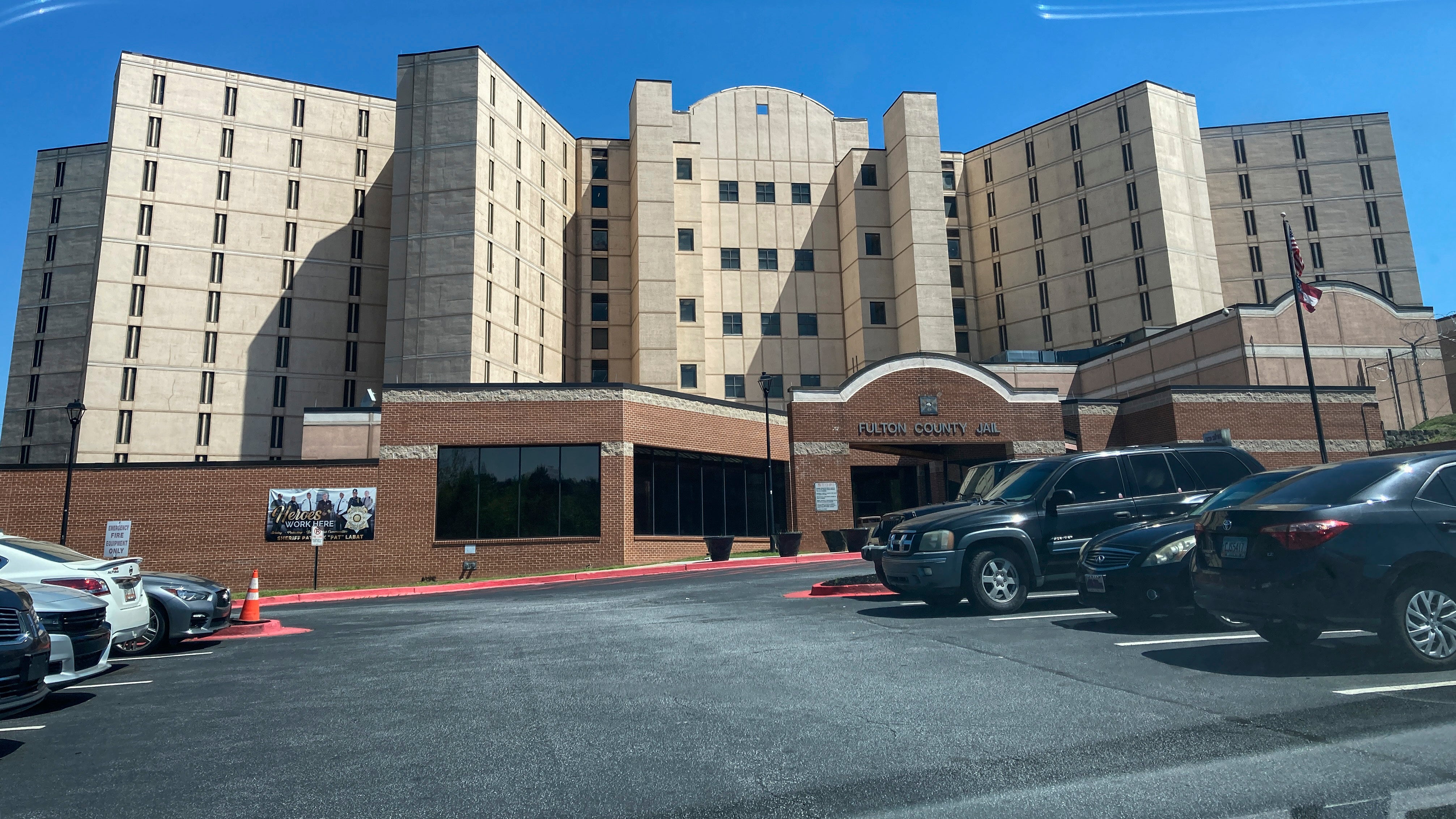National bail fund exits Georgia over new law that expands cash bail and limits groups that help
A national nonprofit that helps thousands of low-income people avoid pre-trial detention has announced the closure of its Atlanta branch

The Bail Project, a national nonprofit that aids thousands of low-income people who are behind bars, announced Monday that it has closed its Atlanta branch due to a new Georgia law that expands cash bail and restricts organizations that post inmates’ bonds as they await trial.
Senate Bill 63, which goes into effect next month, requires cash bail for 30 additional crimes, including 18 that are always or often misdemeanors, including failure to appear in court for a traffic citation.
It also limits people and organizations from posting more than three cash bonds in a year unless they meet requirements to become bail bond companies — a process involving passing background checks, paying fees, holding a business license, securing the local sheriff's approval and establishing a cash escrow account or other form of collateral.
Cash bail perpetuates a two-tiered system of justice, where two people accused of the same offense get drastically different treatment — those who can afford bail are released while those who cannot often remain incarcerated for months on end awaiting court dates, The Bail Project's statement said.
“Across the nation, more than a dozen jurisdictions have eliminated or minimized cash bail, redirecting funds to services that prevent crime and enhance community safety,” the organization said. “Georgia’s lawmakers could have adopted similar evidence-based policies, including speedy trial legislation to address court delays and investments in preventative services to reduce reliance on pretrial incarceration. Instead, they opted for a path that perpetuates more incarceration, racial inequity, trauma, and harm.”
Republican Gov. Brian Kemp said during his signing ceremony last month that SB 63 would "ensure dangerous individuals cannot walk our streets and commit further crimes.” The American Civil Liberties Union of Georgia has threatened to sue, calling it “cruel, costly, and counterproductive.”
Democrats had urged Kemp to veto the measure, arguing that it will worsen overcrowding in jails and disproportionately hurt poor, minority defendants. They called it a gift to for-profit bail bond companies and a betrayal of Kemp's predecessor, GOP Gov. Nathan Deal, who made criminal justice reform a hallmark of his legacy.
Since its launch in 2018, The Bail Project said it has paid $81 million to free more than 30,000 people in more than 30 jurisdictions from pre-trial detention. That prevented nearly 1.2 million days of incarceration, and reduced collateral consequences such as loss of jobs, housing and child custody, the group said.
Those helped by The Bail Project returned to over 90% of their court dates, a statistic that, according to the nonprofit, lays “waste to the idea that cash bail is a necessary incentive to ensure a person’s future court appearance.”